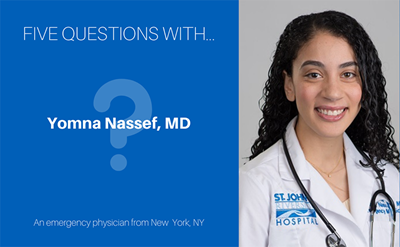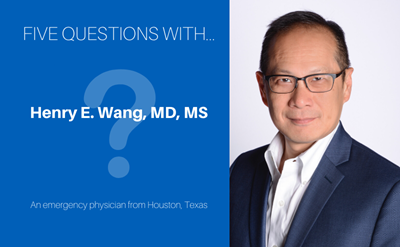As a medical student many years ago, I remember caring for a 20-year old woman in the intensive care unit (ICU) with a very severe infection that resulted in her being on a ventilator for months. Let’s call her Jane. Her hospital course was complicated: re-infections, loss of digits, muscle wasting.
The ICU was closed to families during morning rounds which is when all the doctors gathered and went from bedside to bedside, discussing each patient in turn. Most of the patients were on ventilators or too ill to converse with us. So we spoke amongst each other about the medical events that brought them in, about what happened the night before, about the plan for the day ahead. As medical students, we were grilled on our understanding of pertinent pathology, microbiology, and pharmacology. And just like that, the little white-coated cluster buzzed from room to room until we had seen everyone. So many words from the doctors while, from the patients, only the soft purring of breathing machines.
Not so for Jane. At the head of her bed, her mother had taped a large picture of her before her catastrophic illness – so we could see the former model, the valedictorian, the only daughter. We caught a glimpse of her as an individual; of who she was and who she might yet still be.
I am a practicing emergency medicine physician today with more than a decade of experience. I can say one of the most important things a patient can do is to come to the hospital with a family member, an advocate. If at all possible, don’t come alone.
As the doctor manages an almost always busy ER, they have a brief moment to get to know you. The one who comes with you paints a bigger picture of who you are. They say that you are a stoic and the fact that you are in the hospital today means more than the doctor might initially think. They stand by and they stand for you. They rush out even before the alarm starts beeping to say “you don’t look alright” and we are already at your side that much faster. They get the cool cloth for the fevered forehead; give the gentle rub to the retching back. They tuck the warm blanket securely around shoulders and arms and ankles. They field calls, make calls, secure information, verify details. They encourage you to stay when you want to leave, make sure you follow up appropriately if you are discharged. The right family member is your champion and our partner; they become part of our team with the goal of achieving your best outcome.
A few months ago, I was a patient in my own ER. The nurses and techs and providers knew me well and took outstanding care of me. Nonetheless, I was grateful for my mother who towered in fierce watch over me. She told my story when I was too sick to speak, she diligently monitored the monitor, she stood for me and by me, steadfast and unwavering, positioning herself as an integral part of the team that got me better.
Still, like Jane, there are folks who do not have anyone to bring. I would tell these patients that someone can be present for you, even without being physically there. We can all take a lesson from Jane’s mom – even in absentia she never ceased to support her daughter. She gave her daughter a voice that spoke volumes over the machines.
Iyesatta Massaquoi Emeli MD, Emergency Physician with Emory University Hospital & Assistant Professor with Emory University School of Medicine
 American College of Emergency Physicians
American College of Emergency Physicians







